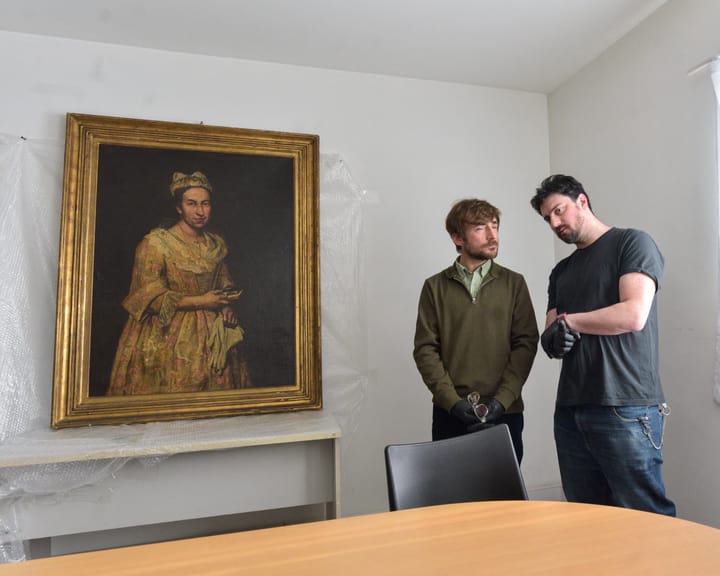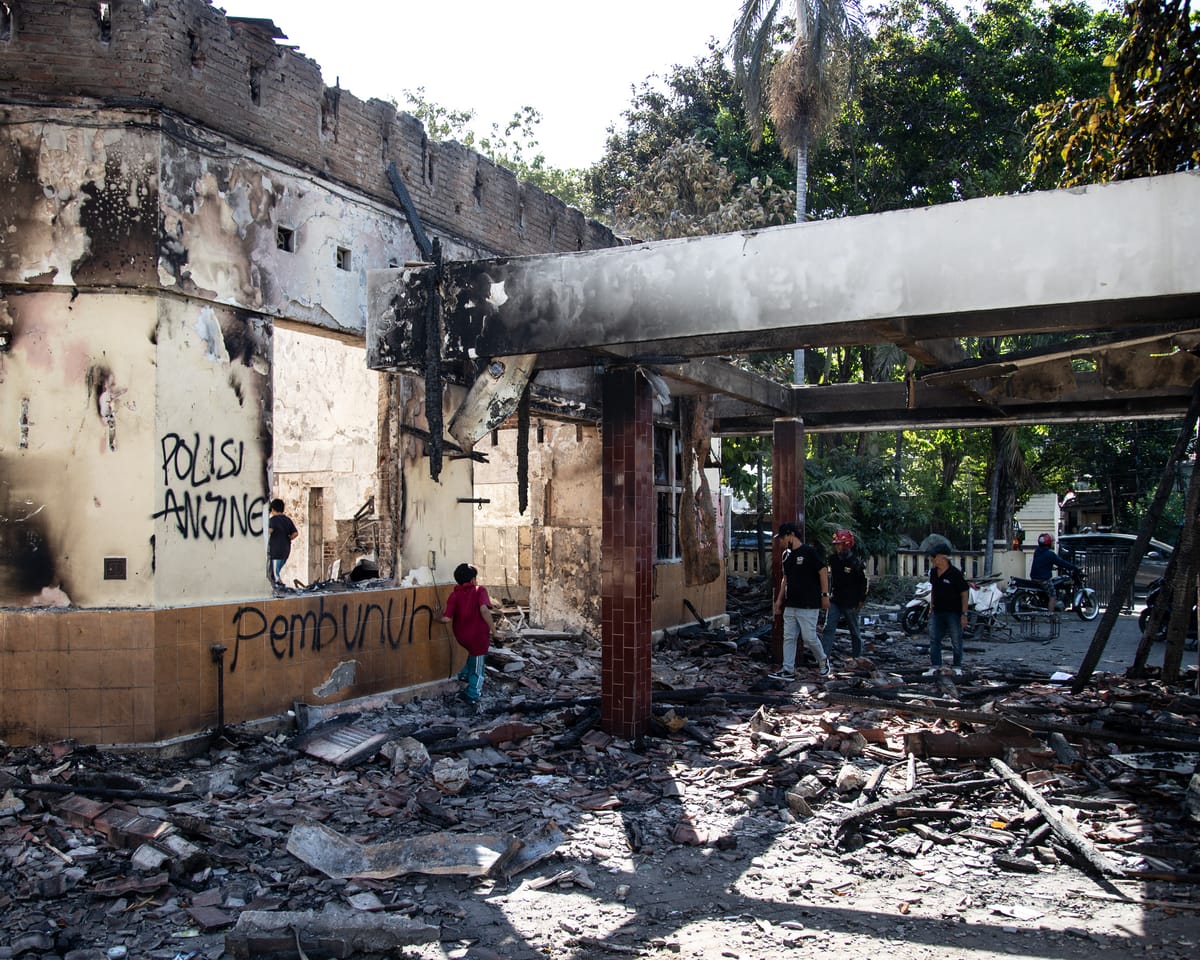Indonesia’s President Prabowo Subianto has announced plans to remove certain benefits for lawmakers, including a contentious $3,000 housing allowance, following widespread protests that resulted in six fatalities.
During a televised press conference in Jakarta, Prabowo—joined by leaders from eight political parties—stated that lawmakers would no longer receive the housing stipend and that their international travel would be suspended. The decision marked an unusual step in response to growing public discontent.
Under the new measures, Prabowo confirmed that “lawmakers will see certain benefits revoked, and overseas official visits halted.”
Last week’s demonstrations intensified across Indonesia, prompting Prabowo to convene a meeting with influential figures, including former president Megawati Sukarnoputri, who leads the opposition Indonesian Democratic Party of Struggle. The president also postponed a planned visit to China.
Protests erupted after reports revealed that all 580 members of parliament receive a monthly housing allowance of 50 million rupiah ($3,075) alongside their salaries—a payment nearly ten times higher than Jakarta’s minimum wage. The provision, implemented last year, drew criticism for being excessive, especially as many citizens struggle with high living costs, taxes, and unemployment.
Tensions escalated following the death of 21-year-old ride-hailing driver Affan Kurniawan, who was reportedly caught in a clash between protesters and security forces in Jakarta. Witnesses told local media that a police armored vehicle struck Kurniawan while speeding through the crowd, then ran over him without stopping. His death, captured on video, fueled outrage against law enforcement.
Authorities in Yogyakarta later confirmed another fatality—a 21-year-old student killed during clashes between demonstrators and riot police, bringing the total death toll to six.
Prabowo acknowledged the right to protest under Indonesia’s constitution and international commitments, but warned that violence and destruction could not be tolerated.
“When demonstrations become chaotic—damaging property, threatening lives, or targeting institutions—they cross into unlawful territory,” he said. He also warned against actions that could destabilize the country, stating that the government would take necessary measures to maintain order.
Prabowo urged the public to voice concerns peacefully, while calling on lawmakers to act with accountability to restore faith in governance.
Read next

"TikTok star highlights political power of South Africa's unsung culinary treasures"
Solly’s Corner, a popular eatery in downtown Johannesburg, was busy. Pieces of hake and crisp fries crackled in the fryer, green chillies were chopped, and generous amounts of homemade sauce were spread onto filled sandwiches.
Broadcaster and food enthusiast Nick Hamman stepped behind the counter, where Yoonas and Mohammed

Nazi-looted 18th-century portrait found in Argentina after 80 years
There was nothing particularly unusual about the middle-aged couple living in the low, stone-covered villa on Calle Padre Cardiel, a quiet street in the tree-lined Parque Luro neighborhood of Mar del Plata, Argentina’s most well-known coastal city.
Patricia Kadgien, 58, was originally from Buenos Aires, roughly five hours north.

"An aristocrat hid her Jewish lover in a sofa bed amid daring acts of German resistance to the Nazis"
Resistance in the Shadows: Germans Who Defied the Nazis
Growing up, our home had a steadfast rule: nothing German was permitted. No appliances from German manufacturers in the kitchen, no cars from German automakers in the driveway. The decree came from my mother. She was not a survivor of the

